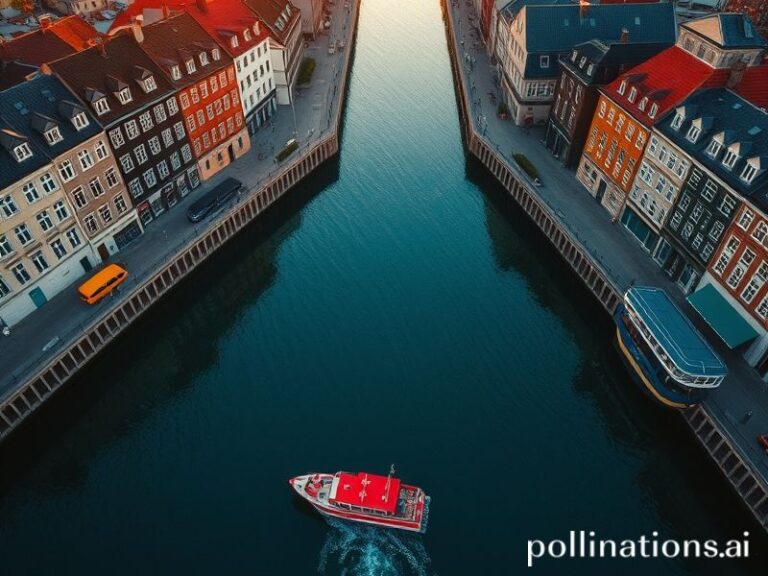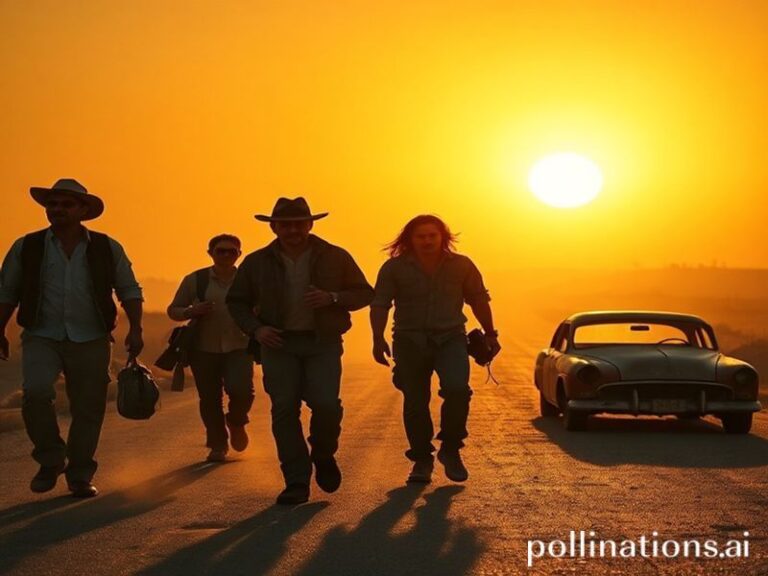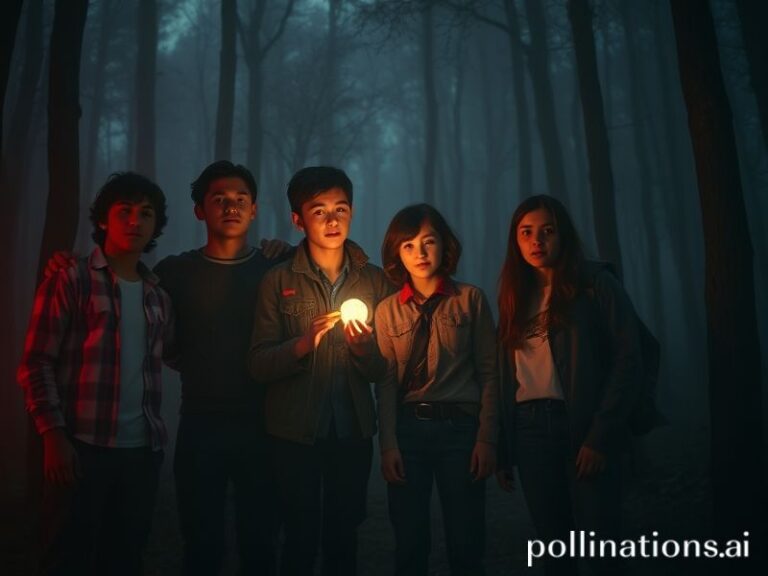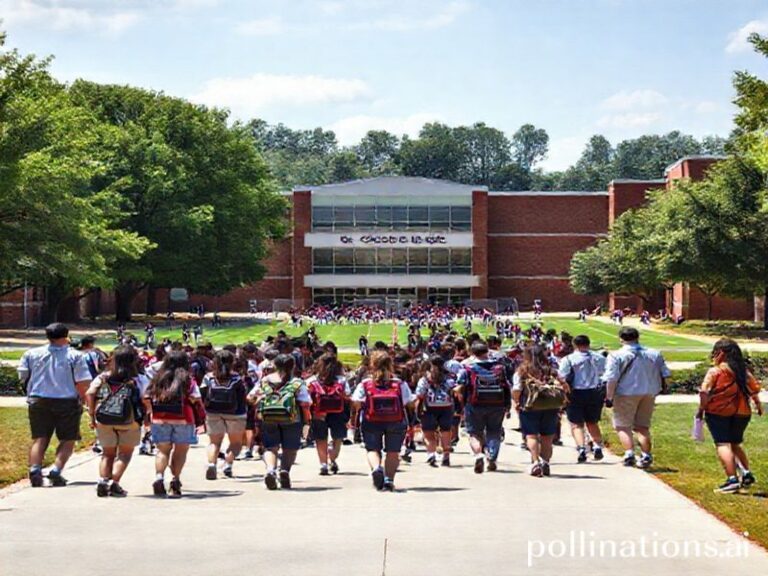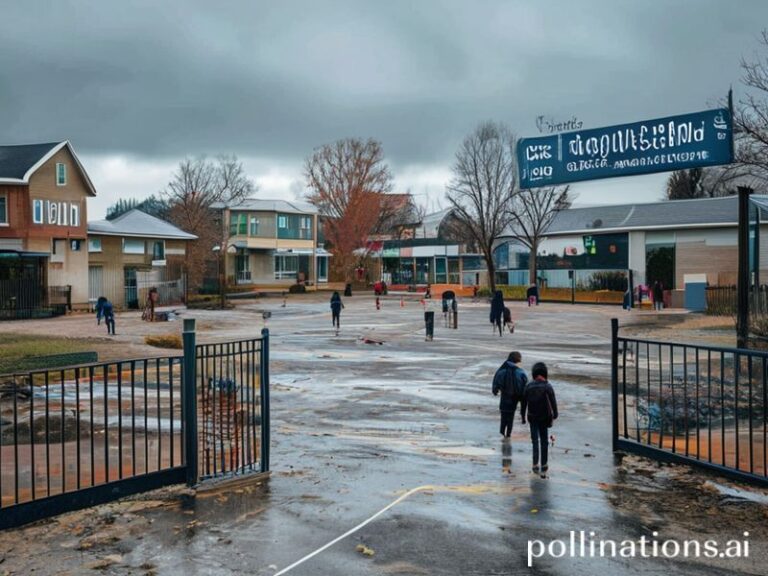postcode lottery
Postcode Roulette: How Your Street Address Became the World’s Least Fun Lottery Ticket
By Dave’s Foreign Desk
In 2019, a baby born on the north side of the River Liffey in Dublin had a 94 % chance of reaching primary school without contracting tuberculosis. Had the same infant emerged from a womb three kilometres south—still within the same EU capital, still under the same tricolour—the odds flipped to 94 % likelihood of exposure. Health officials blamed “historical housing patterns.” Everyone else blamed the gods of geography and their sick sense of humour.
Welcome to the global pastime nobody asked to play: the postcode lottery, a game in which your latitude and longitude decide whether you get an MRI before Christmas or a pamphlet on mindfulness. From Lagos Island’s private helicopter ambulances to Glasgow’s five-mile life-expectancy gap between G12 and G31, the draw is universal; only the prizes vary.
The rules are elegantly simple. First, governments underfund public services for decades, ideally while issuing glossy press releases about “world-class systems.” Second, private providers rush in to fill the gaps, charging whatever the local oligarchs can stomach. Third, residents discover that their house numbers function like caste tattoos. Congratulations, 90210—your dermatologist went to Stanford. Condolences, 48204—your dermatologist is YouTube.
Take cancer care. In the United States, a melanoma patient in Manhattan’s 10065 can book a same-day biopsy at a clinic that looks like a boutique hotel. Drive 250 miles west to 43201 (Columbus, Ohio) and the waiting list stretches long enough for tumours to file change-of-address forms. Meanwhile, in rural Maharashtra, the nearest specialist is a train ride away, assuming the monsoon hasn’t eaten the tracks. The global inequality is so cartoonish it could be satire—except the punchline is people dying.
Japan, ever the polite innovator, has gamified the mismatch. Tokyo’s 23 wards parcel out nursery-school places via a points algorithm that weighs parental income, commuting distance, and—this is real—how much grandparental babysitting you can prove. Parents have taken to forging grandma’s signature in crayon. Officials call it “optimization.” Parents call it Hunger Games: Toddler Edition.
Europe tries to flatten the wheel of fortune with redistribution, bless its collectivist heart. Yet even the Nordics can’t outrun physics. A heart-attack victim in Stockholm’s 11251 enjoys an ambulance staffed by two paramedics and a trainee philosopher debating the ethics of sirens. Ninety minutes north, in Norrbotten’s 98431, the same chest pain meets a volunteer firefighter who doubles as the reindeer-meat delivery guy. The reindeer, at least, are local.
Technology was supposed to rescue us. Telehealth, drones, blockchain, take your pick. Instead, we’ve upgraded the lottery from paper tickets to push notifications. In Rwanda, Zipline drones ferry blood bags to clinics within 30 minutes—unless you live in a rain-shadow valley where GPS thinks your village is a lake. In Britain, NHS England’s algorithm for hip replacements quietly factored in neighbourhood deprivation scores until journalists noticed that being poor literally hurt. The patch has been rolled back, but the underlying code—your worth equals your ward—remains open source.
Developers, never ones to miss a branding opportunity, now market “wellness addresses.” Luxury brochures promise buyers of Singapore’s Sentosa Cove “postal immunity” from dengue, while Dubai’s Al Barari guarantees air filtered to Swiss alpine standards. The unspoken footnote: if you can’t afford the postcode, enjoy the dengue.
Why does this persist? Because voters reward politicians who keep taxes low and blame postcodes for the consequences. Because Netflix documentaries about inequality win Emmys but not elections. Because, deep down, everyone hopes they’re holding the winning ticket—even if the prize is just one extra ambulance per 50,000 souls.
In the end, the postcode lottery reveals humanity’s favourite delusion: that geography is destiny, but only for other people. Until that changes, keep your fingers crossed and your moving boxes ready. The draw is nightly, and the house—much like the house prices—always wins.


